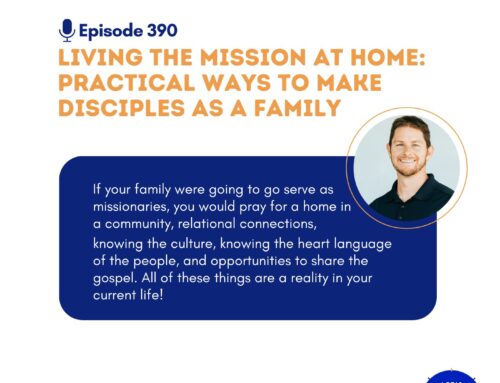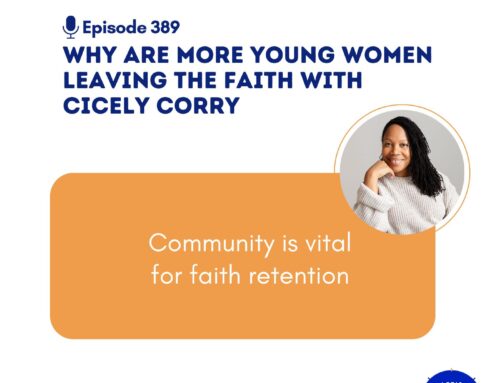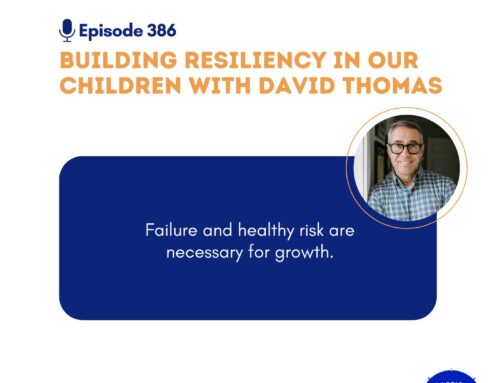Powered by RedCircle
As much as we would like to shelter our children from any terrible events and tragedies happening in their life, life is going to be filled with grief and loss. My friend Bethany McLaughlin joins me today as we talk about how to teach your children to grieve.
If you find this podcast helpful, you can subscribe and click here to find past topics and free resources. Feel free to share with others, as well! If you would like to help support Let’s Parent on Purpose, you can do so by becoming a patron.
I send a weekly email called “Things for Thursday” and it includes things I’ve found helpful related to parenting, marriage, and sometimes just things I find funny! You can sign up for “Things for Thursday” by joining my newsletter on my homepage.
Thank you for your continued support of this podcast. If you have a prayer request or if you have a topic suggestion or question, please contact me at my email.
Show Highlights
As parents, it’s normal for us to want to shelter our children from pain and sadness. But, remember that even Jesus wept and grieved. So it’s natural for all of us, who were made in his image and likeness, to grieve.
Bethany McLaughlin points out, “hard things are going to happen to our kids and by shielding them from that, we’re setting them up for failure.” Grieving is a natural gift from God that helps us process loss.
We don’t have to change our child’s grief over any type of loss that they encounter. Rather, we have to equip them with tools they need to deal what they are experiencing.
Here are some things to keep in mind to help our children through their journey of loss and grief:
- Starting the conversation early helps prepare the kids for difficult things they may encounter in the future. Don’t wait until you are in the middle of a difficult situation – and in the thick of your own grief to talk to your kids about it. Equip your kids with the tools they need if anything might happen later on.
- The stages of grief do not happen in linear order. And, as a parent, you and your child may not be in a particular stage at the same time. It takes a lot of awareness and self-reflection to understand this. Your job is not to hurry them through the sadness. Let them go through the process at their own pace.
- Give your children with an emotional vocabulary to express what they are going through. Use concrete language because children don’t understand abstract thought at a young age. If you say the one who dies “is gone” or “is asleep” they may not get the point. Or worse, they’ll develop unnecessary fears. Children just need you to be honest with them.
- Movies and stories can help children understand grief. Use Disney movies or children’s books to spark a conversation about loss and grief.
- Curiosity can lead to compassion. Let your child know that they can talk to you about grief. Allow them to ask questions about hard topics like death and loss. Try to answer them as honestly as you can.
Bethany says, even more than equipping your children to handle their own feelings of grief, learning these concepts allows them to empathize better with others who are experiencing loss. “Having that empathy to understand other people’s grief and awareness of what others are experiencing will help them love others, which is our mission – to love God and to love others.”

Resources Mentioned
- Jay’s e-book: Fun Family Conversations. Text THINGS to 66866 to download for free.
- Book: Tear Soup by Pat Schwiebert and Chuck DeKlyen
- Book: Finding Grandpa Everywhere: A Young Child Discovers Memories of Grandpa by John Hodge
- Article: What God Says to Your Tears






